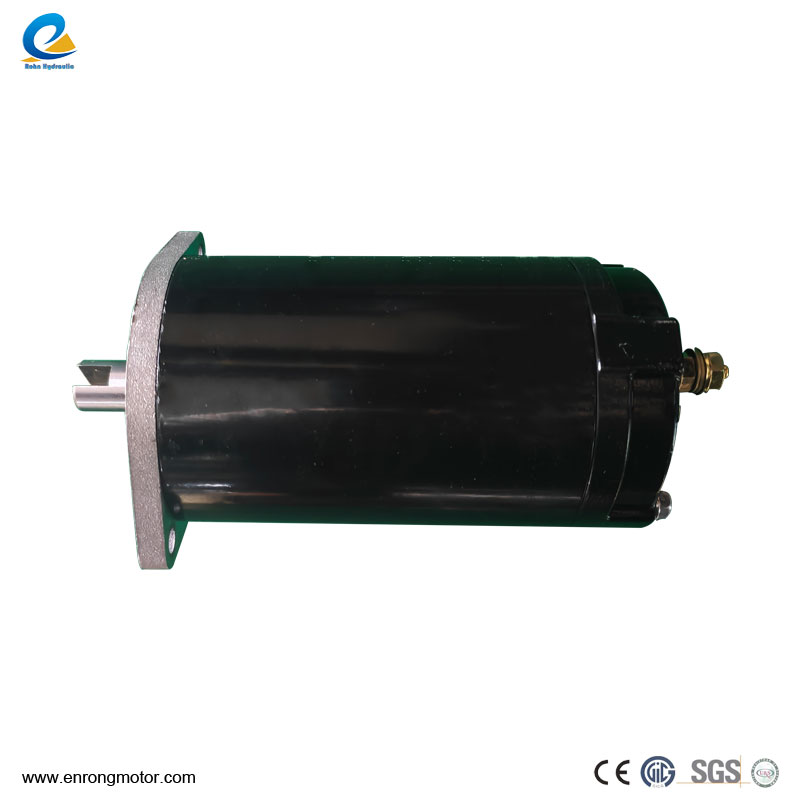Exploring the Basic Principle of Operation of a DC Hydraulic Motor
2024-06-03
In the vast landscape of motors and actuators, DC hydraulic motors occupy a unique niche. These powerful and versatile devices are widely used in a range of applications where high torque and precision control are paramount. But what is the basic principle of operation that powers these hydraulic wonders? Let's dive into the workings of a DC hydraulic motor.
Understanding the Fundamentals
At its core, a DC hydraulic motor converts the electrical energy from a direct current (DC) source into mechanical energy, which is then harnessed to perform a desired task. However, unlike traditional electric motors, a DC hydraulic motor utilizes the principles of fluid dynamics to amplify and transfer this energy.
Components of a DC Hydraulic Motor
The main components of a DC hydraulic motor are:
Electric Motor: A DC electric motor, which serves as the heart of the system. It converts the electrical energy into rotational motion.
Hydraulic Pump: Connected to the electric motor, the pump pressurizes and moves a hydraulic fluid (typically oil) through the system.
Actuator: This is the part that converts the pressurized fluid into useful mechanical work. It can be a cylinder, a motor, or another type of hydraulic device.
Valves and Controls: These regulate the flow and pressure of the hydraulic fluid, enabling precise control of the actuator's movement.
The Principle of Operation
The basic principle of operation of a DC hydraulic motor is quite straightforward:
Electrical Energy Conversion: The DC electric motor converts the electrical energy from its power source into rotational motion.
Hydraulic Pump Activation: This rotational motion drives the hydraulic pump, which then pressurizes and forces the hydraulic fluid through the system.
Actuator Activation: The pressurized fluid reaches the actuator, which converts the fluid's energy into mechanical work. This can involve moving a cylinder, rotating a motor, or performing some other desired mechanical task.
Control and Regulation: Valves and controls within the system regulate the flow and pressure of the hydraulic fluid, enabling precise control over the actuator's movement and the amount of mechanical work it performs.
Advantages of DC Hydraulic Motors
There are several advantages that make DC hydraulic motors a popular choice:
High Torque: Hydraulic systems are capable of generating significant torque, making them ideal for heavy-duty applications.
Precise Control: The use of valves and controls allows for precise regulation of the actuator's movement and the amount of mechanical work it performs.
Efficiency: Hydraulic systems are generally efficient in converting energy from one form to another.
Versatility: DC hydraulic motors can be adapted to a wide range of applications and configurations.
In conclusion, the basic principle of operation of a DC hydraulic motor involves converting electrical energy into rotational motion, using this motion to pressurize and move a hydraulic fluid, and then harnessing the fluid's energy to perform mechanical work. The precision, torque, and efficiency offered by these motors make them a valuable tool in many industrial and mechanical applications.



